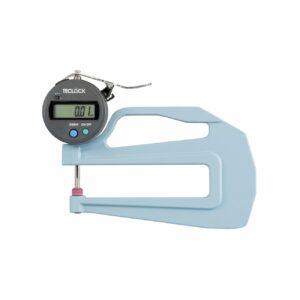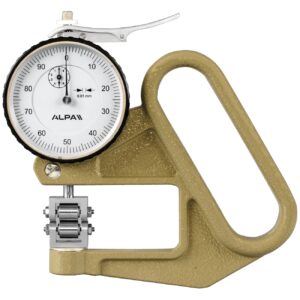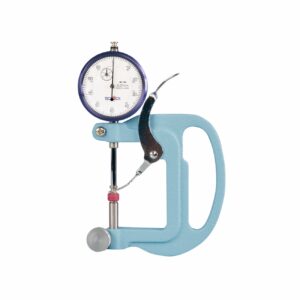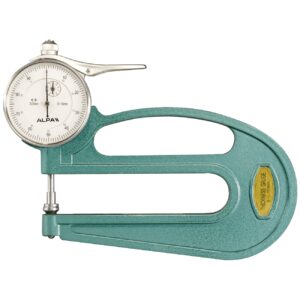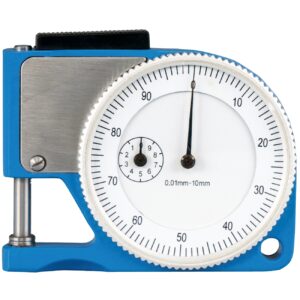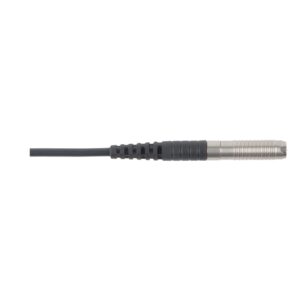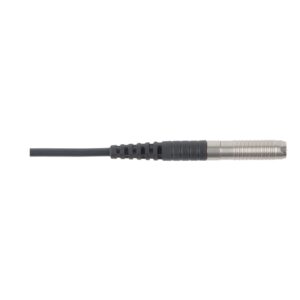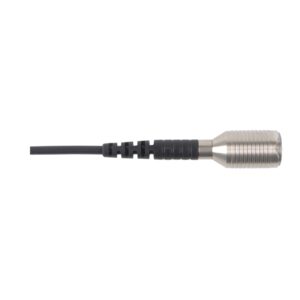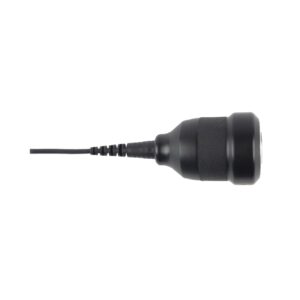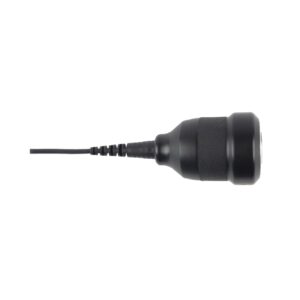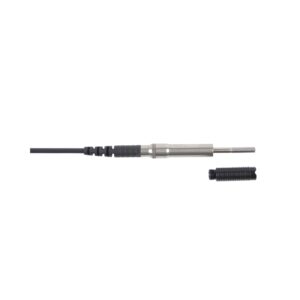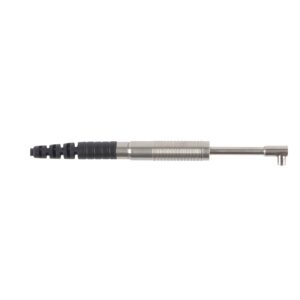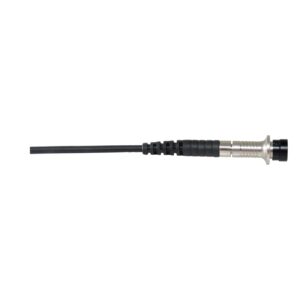In the world of machine shops, precision is a crucial element that determines the quality and efficiency of production processes. Among the instruments that play a fundamental role in this context, calibrated tapes and feeler gauges emerge as essential components to ensure accurate and reliable measurements. These instruments not only improve the quality of the end product, but also optimise production processes, reducing waste and increasing productivity.
The importance of calibrated tapes in machine shops
Calibration tapes are measuring instruments used to accurately determine the thickness of different materials. They are particularly useful in machine shops where precision is essential to ensure that the components produced meet the required specifications. Calibrated tapes are made of high-quality materials that guarantee long life and wear resistance, even in demanding working environments.
The use of calibrated tapes allows for precise measurements, minimising errors that could compromise the quality of the final product. In addition, these instruments are designed to be easy to use, allowing operators to make quick and accurate measurements without the need for extensive training.
Feeler gauges: precision instruments for accurate measurements
Thickness gauges are measuring instruments used to determine the thickness of thin materials, such as sheets of metal, plastic or other materials. These instruments are essential in machine shops, where accuracy is crucial to ensure that the components produced meet the required specifications.
Thickness gauges come in different types, including digital and analogue gauges, each with their own characteristics and advantages. Digital feeler gauges offer immediate and accurate thickness readings, while analogue feeler gauges are often preferred for their simplicity and reliability in difficult working conditions.
Advantages of using calibrated tape and feeler gauges
The use of calibrated tapes and feeler gauges in machine shops offers several advantages. First of all, these instruments allow precise measurements to be taken, minimising errors that could compromise the quality of the final product. In addition, the use of accurate measuring instruments allows production processes to be optimised, reducing waste and increasing productivity.
Another significant advantage is the ability to ensure compliance with customer specifications. In an increasingly competitive market, the ability to provide high quality products that meet customer requirements is critical to long-term success.
How to choose the right calibrated tapes and feeler gauges
Choosing the right calibrated tapes and feeler gauges depends on several factors, including the type of material to be measured, the required accuracy and the working conditions. It is important to select instruments made of high-quality materials that guarantee long life and wear resistance.
In addition, it is crucial to consider the ease of use of the instruments. Operators must be able to use calibrated tapes and feeler gauges quickly and accurately, without the need for extensive training. Finally, it is important to consider the cost of the instruments, balancing quality and accuracy with the available budget.
Frequently asked questions about calibrated tapes and feeler gauges
1. What is the difference between a calibrated tape and a feeler gauge?
Calibrated tapes are used to measure the thickness of thicker materials, while feeler gauges are designed to measure thinner materials. Both instruments offer accurate measurements, but are used in different contexts depending on specific needs.
2. How do I calibrate a calibrated tape measure or feeler gauge?
Calibration of these instruments is essential to ensure accurate measurements. Most manufacturers provide detailed instructions on how to calibrate their instruments. It is important to follow these instructions and, if necessary, contact a professional for calibration.
3. What are the most common materials for calibrated tapes and feeler gauges?
Calibration tapes and feeler gauges are made of high quality materials such as stainless steel, which offers wear resistance and long life. Some feeler gauges can also be made of plastic or other lightweight materials for specific applications.
4. How often do calibrated tapes and feeler gauges need to be replaced?
The service life of these instruments depends on usage and working conditions. It is important to regularly inspect the instruments for signs of wear and replace them when necessary to ensure accurate measurements.
5. Can calibrated tapes and feeler gauges be used in harsh environments?
Yes, many calibrated tapes and feeler gauges are designed to withstand harsh working conditions, such as extreme temperatures or corrosive environments. However, it is important to select instruments suitable for the specific working conditions to ensure optimal performance.
In conclusion, calibrated tapes and feeler gauges are essential tools in machine shops, where accuracy is crucial to guarantee the quality of the final product. The use of accurate measuring instruments allows production processes to be optimised, reducing waste and increasing productivity. Choosing the right calibrated tapes and feeler gauges is crucial to ensure accurate and reliable measurements, contributing to the long-term success of the machine shop.
Showing all 13 results
